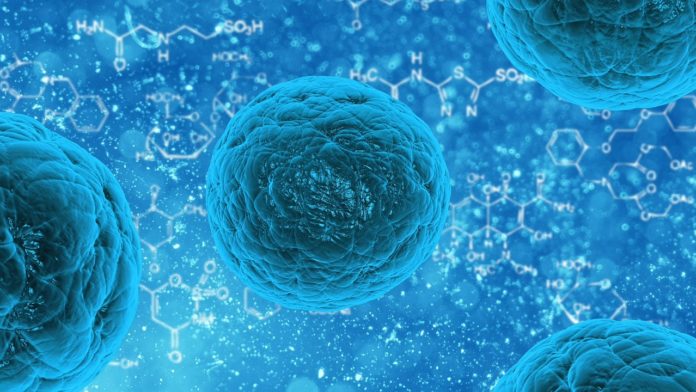Stem cell can be therapy of the future in preventing heart attack, says research funded by British Heart Foundation
Scientists have found a potential new drug for treating the heart damage caused by a heart attack by targeting the way the heart reacts to stress. New research published in the journal, Cell Stem Cell and part-funded by the British Heart Foundation (BHF) shows that stem cells may be the way forward.
The research team used stem cells to grow heart tissue and mimic a ‘heart attack in a dish’. They were able to block the chemical signals within heart muscle that lead to cell death and heart damage.
The team, led by BHF Professor Michael Schneider at the National Heart and Lung Institute, Imperial College London, are the first to discover that a protein called MAP4K4 plays a central role in how heart muscle cells die off as a response to the stress of a heart attack. They have managed to develop a potential drug that targets this protein and can minimise damage after a heart attack by 60 per cent, in mice.
A heart attack happens when a blood clot blocks one of the main coronary arteries, the blood vessels supplying the heart muscle. The heart is starved of oxygen and nutrients and the muscle produces stress signals that ultimately cause heart cells to die
A heart attack happens when a blood clot blocks one of the main coronary arteries, the blood vessels supplying the heart muscle. The heart is starved of oxygen and nutrients and the muscle produces stress signals that ultimately cause heart cells to die. This means that the heart can’t pump effectively and this can lead to heart failure. Heart failure is a debilitating condition that makes everyday tasks like climbing stairs, or even getting dressed, exhausting.
Due in large part to research funded by the BHF, more people than ever before are surviving their heart attack after receiving treatments like stents and clot-busting drugs. But this means that the number of people living with heart failure has risen considerably. There are estimated to be over 900,000 people living with heart failure in the UK.
BHF Professor Michael Schneider and his team are working to develop drugs that could be given in the first few hours following a heart attack to minimise heart muscle death caused by the stress signals. These stress signals actually increase dramatically when the blood supply is restored so, although it is vital to resupply the heart with oxygen and nutrients by reopening the blocked coronary artery, additional treatments to counteract any ‘reperfusion injury’ have been sought for decades.
It’s hoped the treatment would be developed into an injection that could be given as someone was being prepared to receive balloon angioplasty to open up the blocked coronary artery that caused their heart attack.
The treatment is also possibly important for towns and countries where there is limited access to rapid angioplasty.


